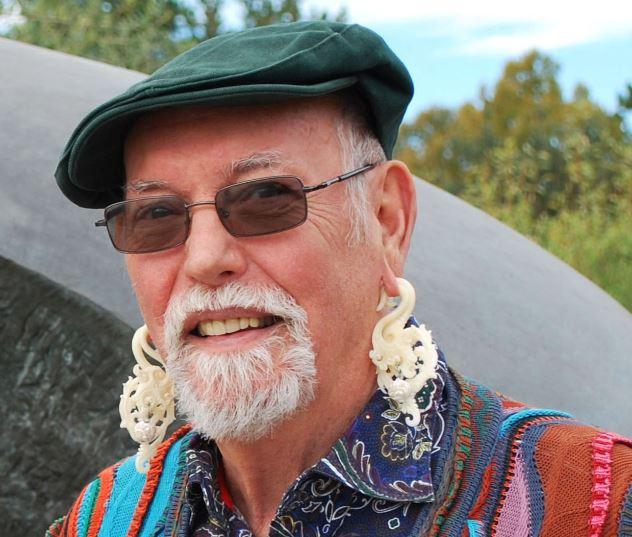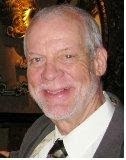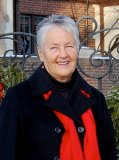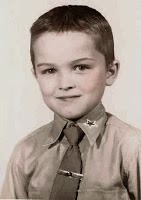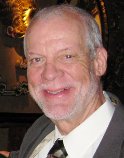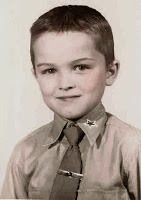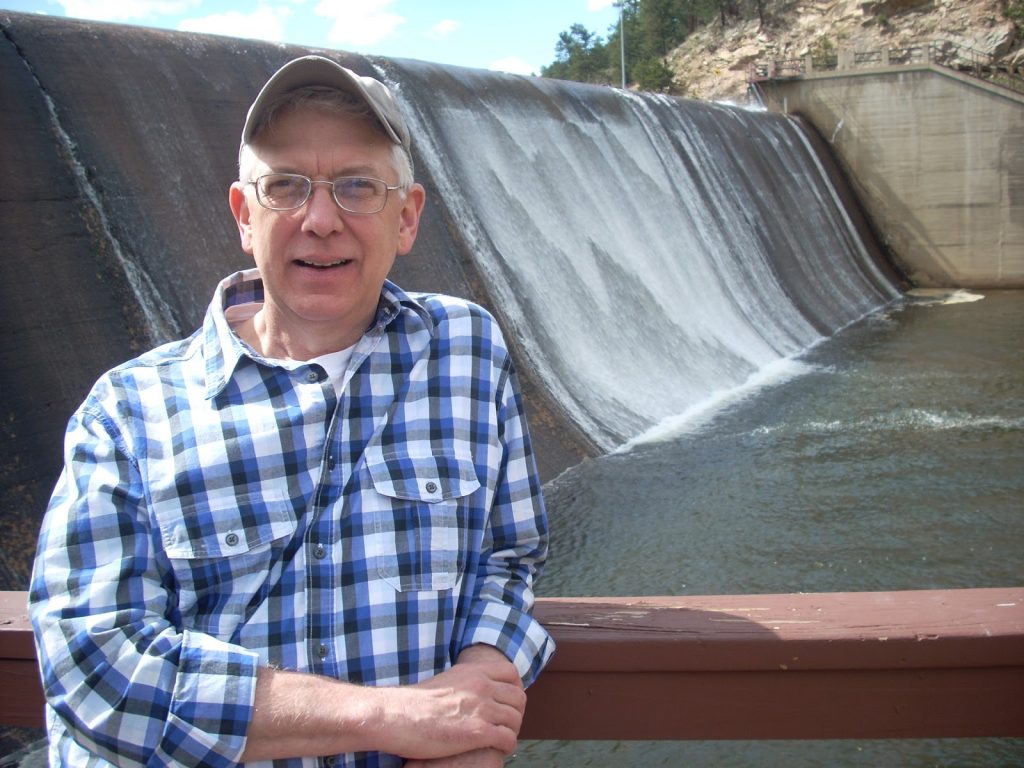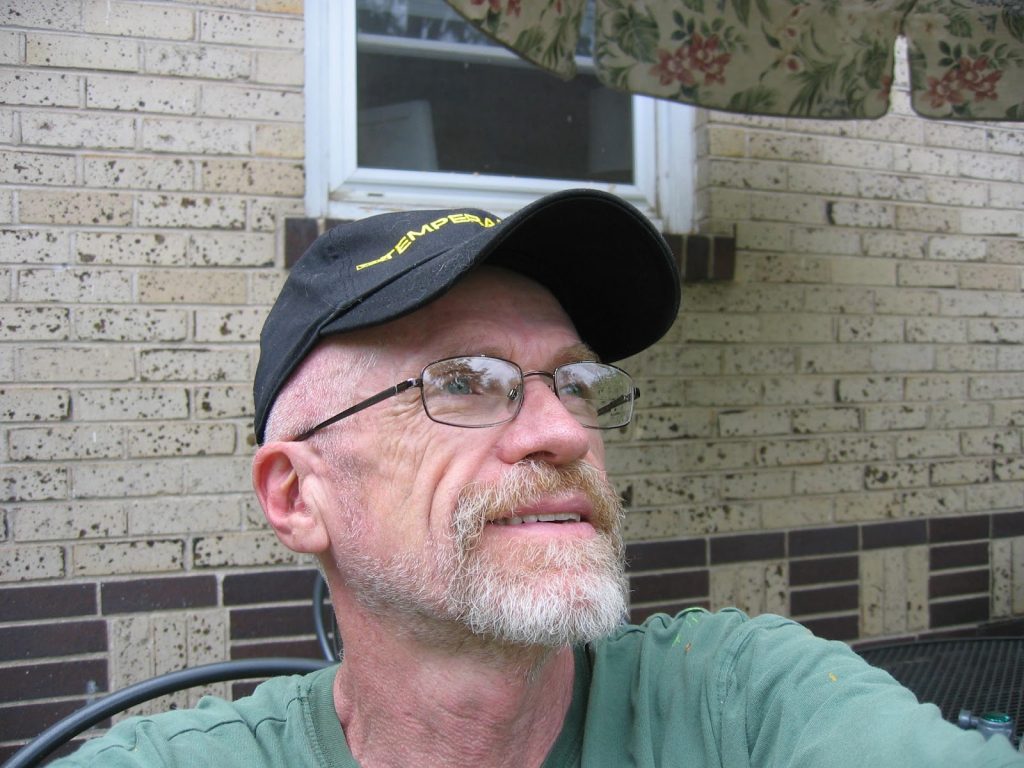Mickey passed away on April 18, 2014, at age 68, due to complications related to a heart condition that worsened over the past several years. Born in Denver, Mickey had been a lifelong resident of Denver. There was cremation and the memorial service was held in May at the home of a family member, who noted that a church was ruled out because the family “never accepted” Mickey’s lifestyle.
I have met several wild people throughout my long life, but Mickey always was the wildest of the wild ones. Although Mickey could not read and write and was legally considered disabled due to partial paralysis in an arm and leg, she had more street sense of anyone I have ever known.
Mickey and I instantly clicked when we first met in Denver in early 1976. Although the term “transgender” was not used in those years, Mickey clearly fit the transgender identity because she always presented herself (through attire and behaviors) as a woman. In some of our many long talks, she told me that she self-identified as female ever since she was an early teenager in the late 1950s and she never had any interest in going through surgery to become a woman.
The Swingers Club
Mickey was a very extrovert person with a delightful sense of humor. We had many good laughs and fun times together. She always jokingly called me “Girleena Garcia” and I always jokingly called her “Cochina” (naughty lady). Early on, she told me that she and her “sister” ran a swingers club in order to supplement the low income Mickey had for many years through the Social Security disability program. Telling me that her so-called “sister” consisted only of a poster-size framed photo prominently displayed on the living room wall, Mickey boasted that the image of her “sister” had brought in big bucks to the swingers club. Through her straight male acquaintance who produced straight porno magazines, Mickey always got free ads to promote the swingers club that was supposed to be located in the upscale Green Mountain residential area west of Denver. Once men responded to the ads by calling Mickey’s telephone number, Mickey claimed to be the “sister” whose photo was in the ads. Eager to meet the “sister” and other women who were part of the so-called swingers club, numerous men paid their “membership fee” by putting cash inside an envelope and depositing it through the mail slot of the home that Mickey rented. When men subsequently called Mickey to inquire about the swingers club meetings that never materialized, Mickey politely told them that “all the girls left town” to become dancers in Las Vegas. Just like that, poof, men’s expectations were dashed along with the cash they had paid.
Upon learning about the imaginary swingers club, I told Mickey to be extremely careful as her club could be targeted by undercover police. Her reply was that police never could do anything to her because she was “not a street hustler.” I reiterated my plea upon telling her that undercover police did not limit their operations to street hustlers. My warnings were most prophetic when Mickey got arrested in 1977 by an undercover police officer, who had targeted Mickey’s swingers club around the same time that a different undercover officer shot and killed a street-hustling drag queen in an alley. The charges were dropped against Mickey when court testimony revealed the Denver Police Department (DPD) had erased portions of the audio tape that captured an undercover police officer’s phone conversation in which Mickey agreed to accept a stolen TV as payment for membership in the swingers club.
The Biggest Haul of All = $1100 Cash
Despite Mickey’s 1977 court case, the 1977 police killing of a street-hustling drag queen, and the second police killing of a street-hustling drag queen one year later in 1978, Mickey moved full steam ahead with the swingers-club scam that brought hundreds of dollars hand-delivered to her doorstep without having to set one foot on the streets of Denver.
In 1979, Mickey was arrested on several felony charges after a DPD undercover officer dropped off $1100 (eleven $100 bills) in an envelope through the mail slot at Mickey’s home. When DPD officers subsequently raided Mickey’s home, they tore the place apart and terrorized her pet monkey upon looking for the marked $100 bills. Facing a lengthy prison sentence if convicted, Mickey was very worried about her future. In open court, DPD audio tapes were played with Mickey’s voice describing in great detail how she would do the nasty with the undercover police officer. Because the police never found the evidence after leaving her rented home in shambles, Mickey was set free after a trial that was publicized in the Denver media. [Mickey told people in later years that she had hidden the $100 bills by tightly rolling them up inside empty lipstick tubes on top of her fancy makeup table, but the police never looked inside the lipstick tubes despite ransacking the drawers of her makeup table.]
After the close call with the 1979 court case, Mickey decided to keep a low profile for a while by abandoning the phony swingers club that always carried with it a big risk because of the large sums of money that were delivered for something that did not exist.
Advent of Telephone-Fantasy Service
In 1980, Mickey started a telephone fantasy service out of her home. She said a lawyer had advised her that the new service was legitimate as long as she only talked nasty and did not accept any cash for her telephone service. Just as she had done for several years with the swingers club, she advertised only in straight porno magazines and all of her clientele were straight men. After a client paid the club membership via money order to Mickey’s P.O. box, a total of ten 30-minute phone calls were allowed. Mickey talked nasty on the phone while the men became aroused and played with their whoppers. The phone fantasy line was among the growing list of “kinky” things that increasing numbers of straight men liked to do. From the perspective of married men, the phone fantasy was a “safe” activity that allowed the men to express whatever they wanted to Mickey. Many similar phone-fantasy services began to crop up all over the country in those years.
Very candid about her phone-fantasy service, Mickey frequently had this to say: “Honey, these straight guys always think they’re talking to a young, blonde and slender woman, but they’re only talking to an older and overweight lady who wants only one thing out of them – their pocketbook.”
Expanding to In-Person Encounters
Mickey had several in-person clients with whom she made contact through her phone-fantasy service. She always prided herself on the fact that she was “not a street hustler” and operated only out of her home. Learning from the 1979 court case, she stayed away from the exchange of cash for doing the nasty. Instead, she always had her clients “pick up a few things” on their way over to Mickey’s place. The requested items generally entailed groceries that she needed. A big fan of top-of-the-line expensive oil-based perfumes for women, she also had clients stop off at expensive department stores to buy her a few perfume bottles on their way to Mickey’s place. Her wish list later expanded to appliances to adorn her kitchen. Almost always, the men obliged and brought whatever she requested. If they showed up empty-handed without the items she requested, she politely asked them to leave.
In 1986 Mickey began having a relationship with a straight man, who was going through a divorce and who had custody of his one-year-old son. Having been raised on a farm in Montana, the well-mannered and handsome guy was naive about life in the city. He had quite an eye-opening introduction to city life when he met Mickey. She took very good care of the baby boy, who always referred to Mickey as “Mom.” The baby’s father worked long hours at menial jobs to support his baby and Mickey, who stopped the phone-fantasy service throughout the four-year stormy relationship that ended when the baby’s biological mother re-entered the picture and was awarded permanent custody of her son.
Hundreds – and I do mean hundreds – of straight men knew where Mickey lived, but that never was a source of concern to Mickey. The public would have been shocked to learn that one of her longtime in-person clients was a very handsome and married conservative politician who had been elected to the Colorado State Legislature.
A Cart Full of Groceries
Although almost all of Mickey’s clients met at her place, there was one occasion in which she and a married man arranged to meet in the parking lot of King Soopers (a/k/a Queen Soopers) at 9th and Downing in the heart of Homo Heights in Denver. Just as she had done with other clients on hundreds of occasions, she asked her married client to “pick up a few things” at King Soopers. Mickey asked me to accompany her in order to lift the grocery bags as they were too heavy for her to lift due to the paralysis in her arm. I was aghast to see the man (who was extremely handsome and very polite) with a grocery cart full of numerous bags of groceries that the man bought for Mickey, who went through each and every bag to make sure all of her requested items (easily a total of $100 or more) were in the bags. Their pre-arranged plan was to leave the King Soopers parking lot and go to a nearby Ramada motel room (Colfax and Marion) paid for in advance by the man. With Mickey and me in her car and the man following behind us in his car, we got to an intersection at which the traffic light turned red just as I drove through the intersection. Although Mickey and I could have easily just kept going since the man was waiting for the red light to change, she insisted that I pull over and wait for the man because he came through with all of the groceries she ordered. After they did the nasty at the motel room, the guy left and Mickey returned to her car that I was driving. Once we got back to her house, I made numerous trips carrying the bags of groceries from the car to the kitchen.
In the Path of a Crazed Bull Elephant In Heat
When I once sought input from my longtime activist friend Betty about Mickey’s very wild lifestyle, Betty wrote:
“Mickey’s line of work is akin to sauntering along in the path of a crazed bull elephant in heat. I admire Mickey’s courage, ingenuity, audacity and her sheer strength of will not to allow anyone to intimidate or threaten her, but I worry about her constantly. Listening to the boys’ fantasies must get horribly old and terribly fast. In comparison to Mickey, the extremely slight exposure I get – at work, in stores, restaurants, streets, wherever – turns my nerves to live electric wires. The boys’ fantasies and their proclivity to violence are as close as a kid glove on a hand. Whether directives from the Pentagon or calls to Mickey’s phone line, the boys’ understanding and masculinity, as defined by them, come across the same. My motto is: gamble safely and only dangerously when it is an absolute necessity. I fully recognize the necessity for Mickey’s gamble every time she answers the telephone or the doorbell, but my blood turns to ice every time I hear a newscast or catch a headline in a newspaper. I also know Mickey is cognizant of the explosive possibilities of every encounter – not just her clientele, but the moralists, the cops, and the staked-out territory she might tread on.”
Fortunately, throughout her many years of life on the wild side, Mickey never was put in harm’s way by what Betty appropriately called the “crazed bull elephant in heat.”
A Book about Mickey’s Wild Life
Mickey periodically asked me to seriously consider writing a book about her wild life. Due to being busy in other aspects of my life, I never had time to follow up on her suggestion. Although the many episodes of her life would have been more than enough material for a book, we always thought that people would find the tales so outrageous and hard to believe she really went through it all. When I once sought input from my longtime activist friend Betty about the prospect of a book, Betty wrote:
“There is a market for the book. A number of people (who started out reading it because it was banned from California to Italy) would learn the truth about the use and abuse of power and by whom. The sensitive and the intelligent, intrigued by natural curiosity, would be educated. Mickey could retire from hustling.”
Although the book never will be pursued by me, this memorial piece should serve as a synopsis of the life of Mickey as the wildest of the wild ones.
© 30 April 2014
About the Author
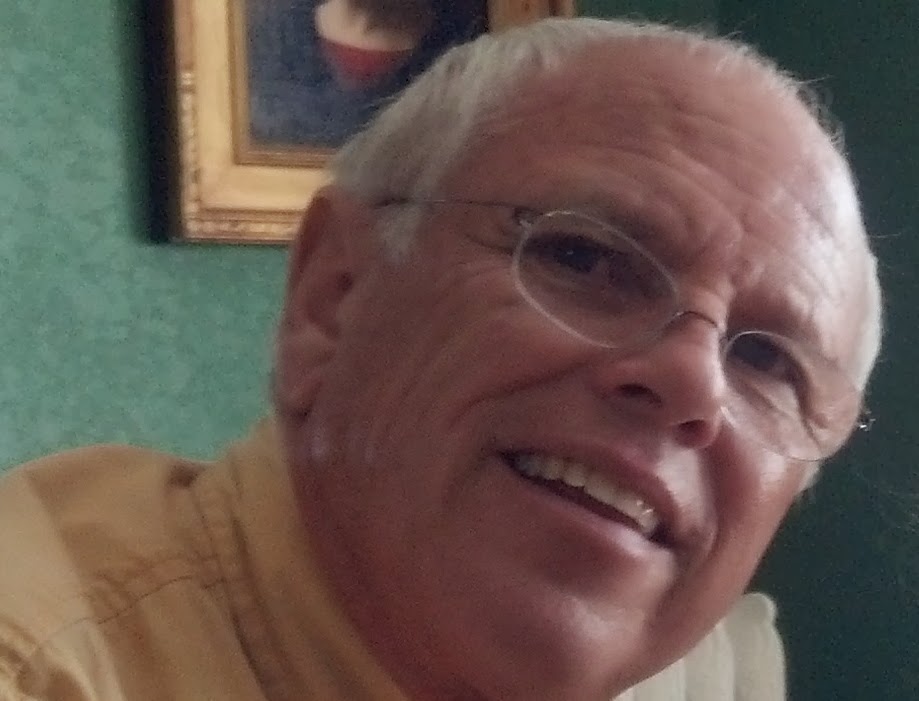
Since 1964 Donaciano Martinez has been an activist in peace and social justice movements in Colorado. His family was part of a big migration of Mexican Americans from northern New Mexico to Colorado Springs in the 1940s. He lived in Colorado Springs until 1975 and then moved to Denver, where he still resides. He was among 20 people arrested and jailed in Colorado Springs during a 1972 protest in support of the United Farm Workers union that was co-founded by Cesar Chavez and Dolores Huerta. For his many years of activism, Martinez received the 1998 Equality Award, 1999 Founders Award, 2000 Paul Hunter Award, 2001 Community Activist Award, 2005 Movement Veterans Award, 2006 Champion of Health Award, 2008 Cesar Chavez Award, 2013 Lifetime Achievement Award, and the 2013 Pendleton Award. La Gente Unida, a nonprofit co-founded by Martinez, received the 2002 Civil Rights Award. The year 2014 marks the 50-year anniversary of his volunteer work in numerous nonprofit situations.
